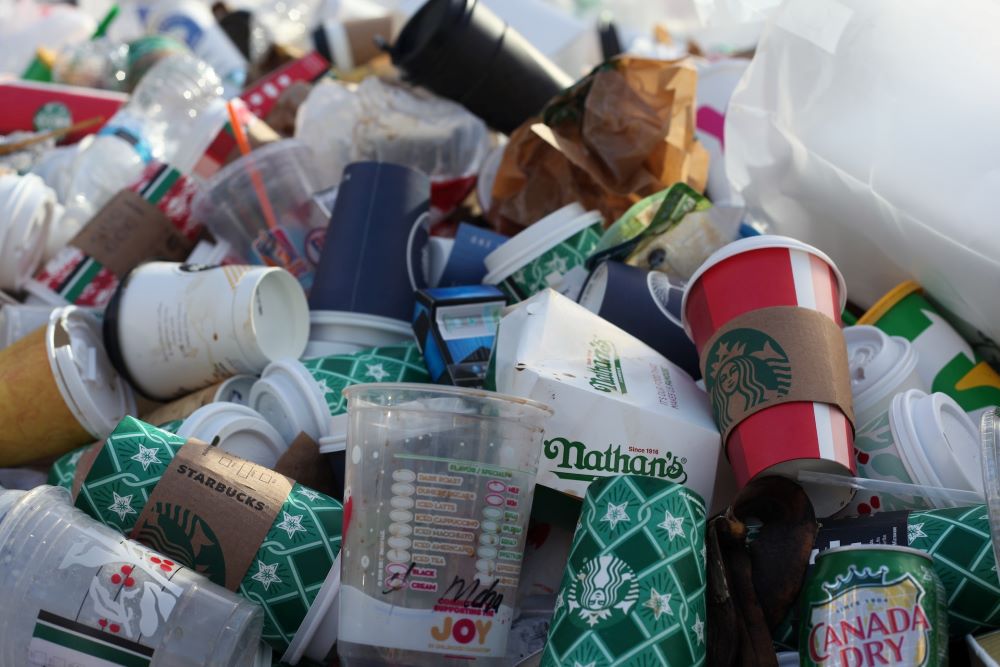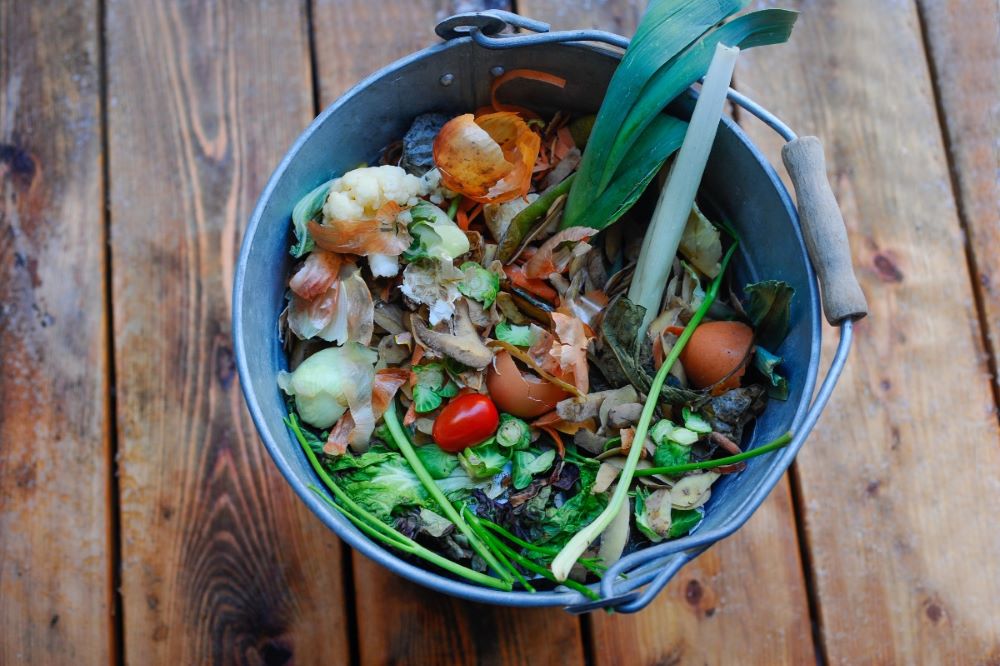Packaging protects products from damage and keeps foods fresh. It ensures that your customers receive their products in perfect condition. At its simplest: All packaging is intended to reduce contamination and waste.
The problem lies in our overuse of plastic packaging.
We usually discard spoiled food right along with its packaging. The hassle of removing food from its packaging significantly reduces both composting and recycling rates - food and plastic will both end up in a landfill together.

What Happens to Food Waste in Landfills?
75% of food waste is sent to landfill. Food makes up 15% of all municipal solid waste generated in the US and is responsible for roughly 8% of global emissions.
Landfills are designed to contain waste, not to repurpose it. A landfill does not produce anything, nor does it have the right environment for the healthy decomposition of organic waste. In a landfill environment, organic waste produces significant levels of methane as it slowly rots. Landfills contaminate soil, ground water, and air.
How Does Packaging Reduce Food Waste?
Packaging prevents food waste at various points in production. It protects from damage during transport, handling and storage. Packaging also shields perishables from light, heat, humidity, and other external factors that could cause them to expire or lose quality.
Other additions to packaging, such as the ability to reseal, further reduce waste by allowing consumers to use it for longer and keep food fresh.

All packaging has the potential benefit of reducing waste. It is the type (and amount) of packaging used which determines whether it creates more problems than it solves.
Alternatives to Plastic Food Packaging
Packaging makes up around 30% of total U.S. waste annually. As our landfills and waterways become increasingly clogged with discarded plastic, it is clear that convenience is outweighed by the pollution that it leaves behind.
Plastic causes harm to the environment. Even if plastic is “recyclable”, not all materials can be effectively or easily recycled. Even if the recycling system worked as intended, eventually there comes a point where a recyclable plastic has degraded to the point where it can't be recycled any longer and we’re right back where we started - plastic waste.
Read More: The Truth About Recyclable Packaging
Different perishables have different packaging requirements, but at the end of the day: packaging doesn't need to last for 1000 years. We need an alternative!
Compostable Food Packaging
Composting is a far better solution for food packaging! It takes organic materials, breaks them down efficiently, and creates a usable end product!
Compostable food packaging can ensure that packaging does not stop consumers from composting food waste. It allows consumers to easily dispose of leftover or spoiled food and its packaging together in the compost.
Compostable packaging is one of the most eco-friendly solutions we have in the fight against plastic! Compostable packaging reduces waste, supports composters, supports soil health, and is an integral part of a circular economy.
Ready to start your compostable packaging journey?
Connect with one of our packaging experts!
Contact Us

